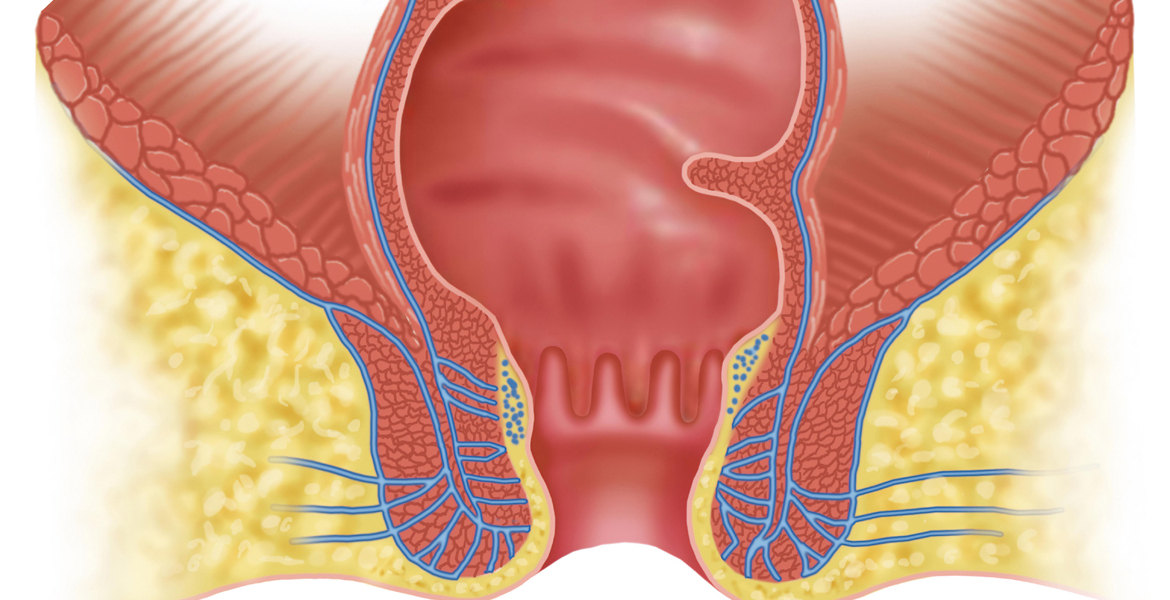

Dr. Shakti P Choudhury Is A Renowned And Highly Experienced Gastroenterologist In Odisha.
House Nos Mig 34, Near Fire Station Square, Baramunda, Bhubaneswar, 751003, In
+91-7835056101


Hernia, fissure, and fistula are three distinct conditions affecting different parts of the body, but they all involve abnormal openings or passages that can cause discomfort and other symptoms.
A hernia occurs when an organ or tissue protrudes through a weak spot or tear in the surrounding muscle or connective tissue. The most common types of hernias include inguinal hernias (in the groin area), hiatal hernias (in the upper stomach), and umbilical hernias (around the belly button).
Hernias can develop due to factors such as heavy lifting, persistent coughing, obesity, pregnancy, or previous surgical incisions weakening the abdominal wall.
Symptoms of a hernia may include a visible bulge or lump, pain or discomfort, especially when lifting heavy objects or straining, and a feeling of heaviness or pressure in the affected area.
Treatment for hernias typically involves surgical repair to strengthen the weakened area and prevent the protrusion of organs or tissues.
An anal fissure is a small tear or cut in the lining of the anus, typically caused by trauma during bowel movements, constipation, or diarrhea. Fissures can be acute (short-term) or chronic (long-term) and can cause pain, bleeding, itching, and discomfort.
Symptoms of an anal fissure may include sharp pain during or after bowel movements, bright red blood on toilet paper or in the stool, and spasms of the anal sphincter muscles.
Treatment for anal fissures often involves conservative measures such as dietary changes (increasing fiber intake), keeping the anal area clean and dry, and using topical medications to promote healing and relieve symptoms. In some cases, surgical intervention may be necessary to repair the fissure or relax the anal sphincter muscles.
A fistula is an abnormal connection or passageway that forms between two organs or between an organ and the skin's surface. Anal fistulas most commonly occur near the anus and are often the result of an untreated anal abscess (a collection of pus) that has ruptured and formed a tunnel.
Symptoms of an anal fistula may include persistent anal pain, swelling or inflammation around the anus, discharge of pus or blood from the opening near the anus, and recurrent abscesses.
Treatment for anal fistulas usually involves surgical intervention to drain the abscess, remove the fistula tract, and repair the surrounding tissues. Some fistulas may require multiple surgeries or specialized procedures, depending on their complexity and location.